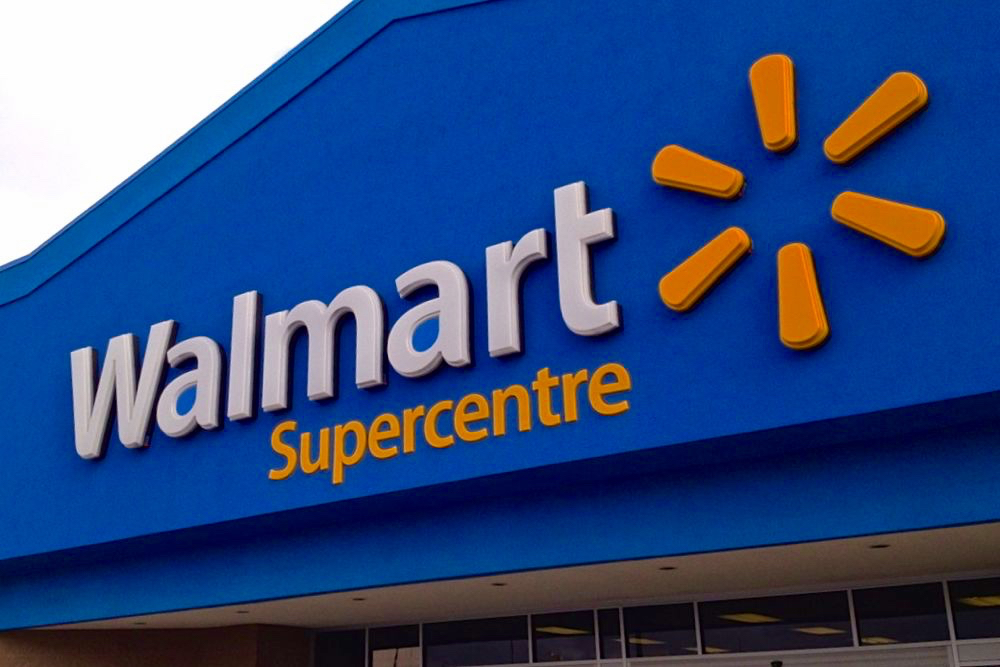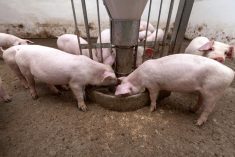The Parliamentary Agriculture Committee has embarked on a mission to address rising food prices, extending an invitation to both Loblaw and Walmart.
In a letter from the committee, Ottawa urges both retailers to voluntarily comply with the proposed grocer’s code of conduct or risk facing legislative action.
In other words, Canada is on the verge of adopting a government-coordinated, industry-led mandatory code — a development that heralds good news for Canadians, though many may not yet realize its significance.
Read Also

Deep cuts to ag research jeopardize Canada’s farming future
The huge cuts to ag research at Agriculture Canada are being widely panned by farm organizations, but there seems to be little hope of the government reversing its decision.
Unprecedented unity among all political factions underscores the grocer’s code of conduct as a pivotal tool for stabilizing food prices over time. This code aims to furnish food companies with a safe harbour for dispute resolution through a designated secretariat, offering an alternative to the current norm in which companies have no recourse but to endure unfavourable conditions.
Its focus is not on dictating prices but on ensuring fair contractual practices for all entities involved, including startups, farmers and small family-owned food processors, thereby offering much-needed financial predictability to suppliers.
The industry, plagued by unilateral decisions and broken agreements by grocers, stands to gain from the equitable playing field this code promises.
The code’s introduction might seem paradoxical to staunch free-market advocates and conservatives who typically view government intervention with skepticism. Companies like Walmart and Loblaw, having achieved their market dominance through strategic decisions, are often celebrated for their success. However, the issue at hand transcends their accomplishments.
The food industry is distinct for two primary reasons. It operates on razor-thin margins across the entire supply chain, necessitating meticulous planning and coordination. Secondly, the power dynamics are skewed, with suppliers paying substantial fees to grocers for the privilege of doing business with them.
It doesn’t work that way in other sectors. This dynamic has given grocers significant gatekeeping power, influencing the market to their advantage.
This dominance has not only stifled competition but has also marginalized independent grocers, particularly affecting Canadians in smaller towns by limiting their access to nearby stores.
The upward trend in grocery fees, primarily driven by Loblaw and Walmart, exacerbates the challenges for suppliers and independent grocers alike.
It’s crucial to understand that the code’s goal is not to reduce prices — such expectations would be fanciful — but to mitigate price volatility, a pervasive issue that overshadows the more fundamental problem of food inflation.
While higher prices are concerning, it’s important to recognize food inflation as a normal economic phenomenon, essential for businesses to thrive and ensure the safety of food products.
Achieving a food inflation rate of 1.5 to 2.5 per cent is ideal. This is a range last seen in the summer of 2021 and is anticipated to return by year’s end, according to Canada’s Food Price Report forecast.
Price volatility, exacerbated by increased grocery fees and the manipulation of prices around blackout periods, remains a significant concern if the aim is to reduce price volatility. Although the code may not eliminate these practices, it is poised to reduce their impact on retail food prices significantly.
Moreover, the code promises greater transparency within the food chain. An annual report by the secretariat, detailing compliant companies and highlighting those failing to adhere, introduces an unprecedented level of accountability in Canada’s food industry.
While the grocer’s code of conduct may initially seem counterintuitive, its benefits for consumers, suppliers, and the overall market cannot be overstated. It represents a step toward a more equitable and stable food industry in Canada.
Sylvain Charlebois is professor of food distribution and policy at Dalhousie University and senior director of the Agri-Food Analytics Lab.
– Sylvain Charlebois is professor of food distribution and policy at Dalhousie University and senior director of the Agri-Food Analytics Lab.















